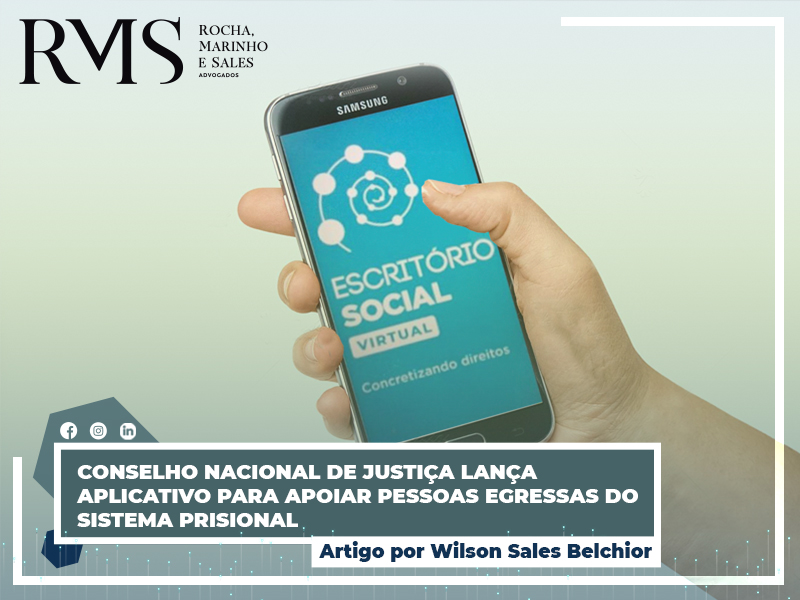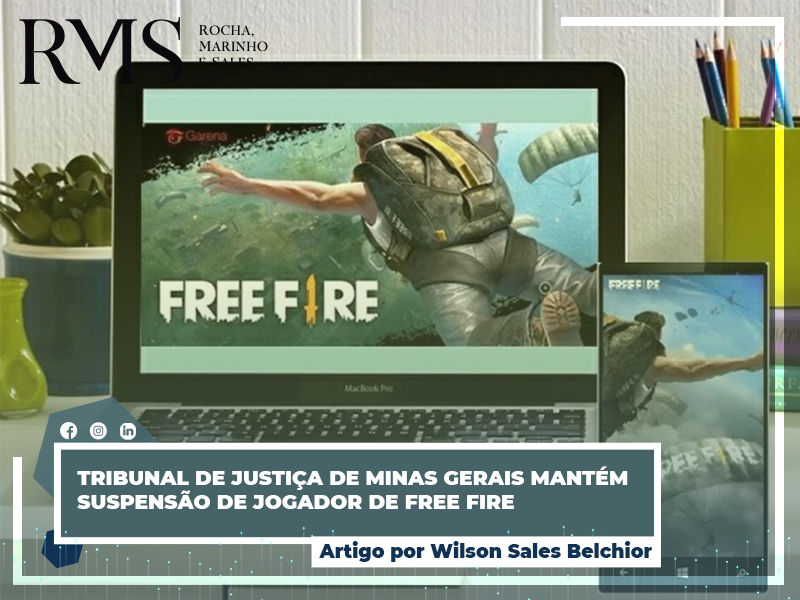STF opens registration for public hearing on the Marco Civil da Internet
12/02/2021

Public hearings, in summary, deal with content published on the internet, from the perspective of civil liability
The Federal Supreme Court (STF) announced the opening of registrations electronically, with a deadline of March 2, 2020, for the participation of public hearings on the dates of March 23 and 24 of this year, focusing, according to the Court, on entities state companies, civil society entities, internet service providers, website hosts or social media application managers and radio and television broadcasting, journalism or press associations, interested parties must indicate the points of view they will defend and the names of representatives of the organizations, society will be able to follow the live broadcast on TV or Radio Justice.
The public hearings, in summary, deal with the content published on the internet, from the perspective of civil liability, regarding the need for prior inspection, withdrawal when considered offensive (Theme 533) and specific and prior court order for exclusion (Theme 987), with the purpose of subsidizing the STF in the judgment, respectively, of Extraordinary Resources with recognized general repercussion 1,057,258 and 1,037,396.
In RE 1,057,258, the absence of legal regulation is discussed regarding the “duty of a website host company to inspect the published content and to remove it from the air when considered offensive, without the intervention of the Judiciary” in face of the principles of legality , freedom of expression of intellectual and artistic thought and expression, access to information, freedom of journalistic information, together with the prohibition against censorship and the autonomy of publications in relation to public authorities, all positivized in the constitutional text.
RE 1,037,396 deals with the constitutionality of article 19, of the Marco Civil da Internet, which limits the hypothesis of civil liability of the internet application provider for damages arising from content generated by third parties, if it does not take steps to make the content unavailable , after a specific court order, within the technical limits of its service and within the period stipulated by the judicial authority, in view of different constitutional principles, such as, for example, prohibition of all types of censorship, legality, freedom of thought, freedom of expression and legal certainty.
By: Wilson Sales Belchior
Source: https://www.clickpb.com.br/blogs/click-jus/clickjus-stf-abre-inscricoes-para-audiencia-publica-sobre-o-marco-civil-da-internet-277021.html




